After US Secretary of State Rex Tillerson called Pakistan a ‘reliable partner’ and Defense Secretary Gen James Mattis talked of trying “one more time” to work with Pakistan to stabilise Afghanistan, it appeared for a moment as though the US could once again be slipping back into the ‘abused wife syndrome’ in its dealings with Pakistan. This impression got further strengthened after the top US military official Gen Joseph Dunford said that the ISI had connections with terror groups and later Gen Mattis added that Pakistan had done a lot in the border areas to come down on the terrorists – the strategic equivalent of an abused wife saying ‘he batters me, but is basically not a bad guy’. Most abused wives often harbour fond hopes that their husbands will reform and are forever ready to give another ‘last chance’. But sometimes there comes a point of inflection when abused wives decide it is just not worth persisting with the relationship unless the husband cleans up his act. At that stage, the wife walks out and does the relationship equivalent of what strategists call the ‘Samson Option’. Increasingly, it appears that notwithstanding the talk of giving Pakistan one last chance, the US has reached that that point of inflection where it is preparing to ‘separate’ from Pakistan and perhaps even exercise the divorce option.
It isn't as though until recently the Americans were clueless about the double-game and double-cross being done by the Pakistanis. But they persisted with the relationship with Pakistan, sometimes cajoling, other times imploring the Pakistanis to kick their fatal addiction to jihad. The reason was in part strategic. The losses in men and material being suffered by US forces in Afghanistan were seen as being far less than the strategic cost of breaking off with Pakistan and seeing it become a concubine state of the Chinese. Plus, there was the whole issue of supply lines that depended on Pakistan. But in part the reason for not taking on Pakistan was also psychological – the Americans had a long relationship with the Pakistanis and jeopardising it, much less breaking it, wasn’t seen as an option.
In recent months, however, a lot has changed. Pakistan is already a virtual Chinese colony and nothing that the Americans say, do or give to them is going to pry Pakistan loose from the Chinese embrace. Second, the conditions in Afghanistan have deteriorated alarmingly. The US could remain nonchalant over Pakistani involvement in the Taliban-led insurgency only if it was ready to lose Afghanistan to the jihadists. This could deal a body blow to the entire US-led war on terror. But the most important change was the Trump presidency. For all the disparaging comments made about him, Donald Trump has displayed a far higher degree of realism and hard-headedness in dealing with the beast called Pakistan than all his more ‘intellectually’ inclined, diplomatically refined and politically correct predecessors. In a way, Trump has upended the way the US dealt with the Af-Pak issue and has declared that his administration is ready to do what needs to be done to fix the Taliban threat in Afghanistan, even if this means fixing Pakistan first.
For the moment, however, both the US and Pakistan are playing the game of chicken to see who will back down. The statements, interviews and calculated media leaks from senior officials of both countries are a mix of some sweet talk and lots of tough talk. The Americans for example have been letting Tillerson play good cop to National Security Advisor Gen H R McMaster’s bad cop – the latter’s meeting with the Pakistani foreign minister lasted only about ten minutes in which, according to the grapevine, the Pakistanis were given a list of things to do and metrics by which they would be judged. For their part, the Pakistanis are resorting to the usual bluff and bluster, only they aren’t really impressing anyone in Washington. Essentially, the two sides are laying out their red lines, signalling their negotiating positions and indicating their wish-list. The idea is to build pressure on the other side and tilt the forthcoming dialogue – a series of meetings between top officials are planned over the next few weeks – in their own favour.
The deck is however hugely loaded in favour of the US. Gen Mattis was very candid when he said that the US had “an enormously powerful number of options” – economic, financial, diplomatic, military – to use against Pakistan. Not only is the US indicating it will bring in all elements of national power to force compellence on Pakistan, it will do so in conjunction and collaboration with its other allies. While the US has plenty of punitive options to arm-twist Pakistan, the most potent leverage it has is the India card. Nothing riles or scares Pakistan more than India getting political, diplomatic, military, strategic and economic advantage over them. When Trump announced his South Asia policy, it wasn’t so much what he said about Pakistan as the role he gave India that really shook the Pakistanis. Similarly, Gen Mattis’ questioning of the Chinese ‘One Belt, One Road’ project and his reference to the China-Pakistan Economic Corridor passing through disputed territory, has left the Pakistanis badly rattled.
Even if both these statements were trial balloons, the Pakistani reaction to them bears out the utility of the India card. Imagine for a moment the Pakistani reaction if the US was to hold out the threat of changing its currently neutral position on Kashmir in India’s favour? Given that both the US and India have a strategic convergence on Afghanistan and Pakistan, there is an opportunity for the two countries to cooperate and coordinate imaginatively and effectively in using the India card to force Pakistan to do what both countries want it to do – eliminate the jihadist terror groups and dismantle the Islamist terror infrastructure inside Pakistan.
The only question is whether India is ready to play this game?
Image Source: http://www.thedailystar.net/world/south-asia/us-defense-secretary-mattis-arrives-in-afghanistan-as-rockets-hit-kabul-airport-1468540

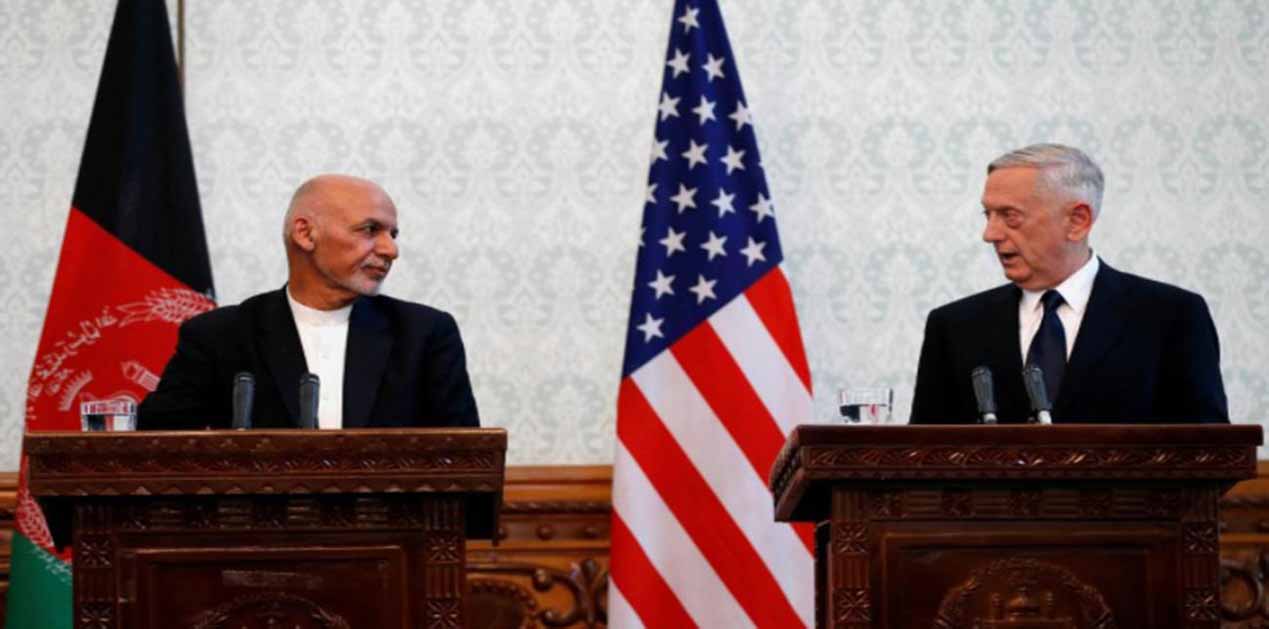
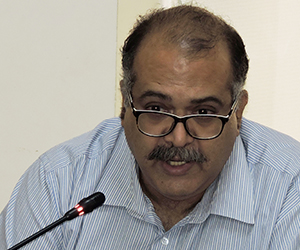


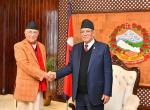
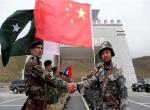


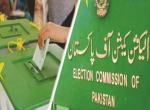
Post new comment